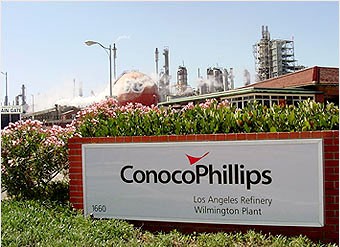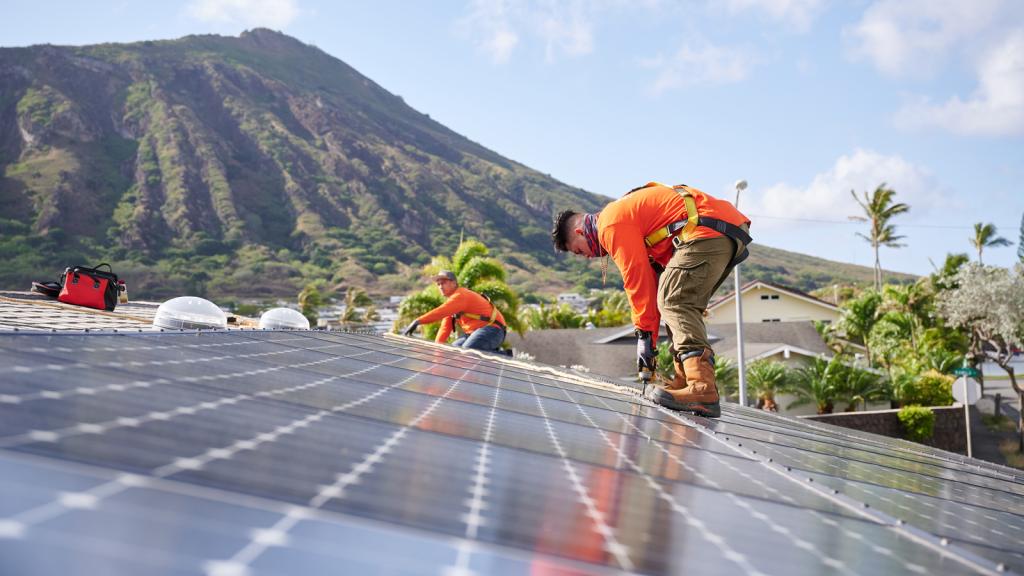ConocoPhillips is now actively campaigning against the House climate and energy bill — even though it’s a member of the U.S. Climate Action Partnership, an influential enviro-business coalition that played a key role in shaping the legislation.
The company changed its tune shortly after the House passed the bill. On the ConocoPhillips website, visitors are urged to “Act now for energy. Make your voice heard!” An action page tells people to contact their senators and express opposition to the bill, arguing, “Federal climate change legislation is needed; however, Waxman-Markey fell short.”
The shift is notable since ConocoPhillips is a marquee member of USCAP, which brought together green groups like the Environmental Defense Fund and the Natural Resources Defense Council and major companies like Duke Energy, BP, and General Electric around a climate-bill blueprint. Red Cavaney, senior vice president for government and public affairs for ConocoPhillips, even testified before the Energy and Commerce Committee in support of climate action in April.
But ConocoPhillips is also a member of the American Petroleum Institute, which has been orchestrating astroturfing against the climate bill. While Shell, another company that belongs to both USCAP and API, has announced that it will not support the astroturf efforts, ConocoPhillips has remained silent on the matter.
On its action page, ConocoPhillips repeats familiar criticisms of climate legislation:
As it deliberates its own bill, the Senate must carefully review the consequences of any legislation on the economy and on ordinary Americans. Climate change legislation will result in higher direct energy costs for the typical American family. Estimates of the increased costs range from $150 to $1,000 or more per year. It also could result in a net loss of more than two million U.S. jobs each year.
ConocoPhillips claims that the bill does not do enough to protect domestic oil refiners, despite the fact that it gives them 2 percent of pollution-permit value under a cap-and-trade system. And, predictably, the company argues that the bill should do more to keep the price of oil low for consumers. It also wants the bill to do more to encourage the development of natural gas in the United States, “which is nature’s cleanest fossil fuel.” ConocoPhillips just happens to be one of the country’s largest producers of natural gas.
“Don’t attempt to pick winners or losers among energy technologies,” the company argues. “Legislative proposals have a tendency to pick ‘winning’ energy technologies too early, before they are fully proven at scale. We should allow technological innovation and the market an opportunity to perfect and select the best energy sources.”
Looks like membership in USCAP doesn’t mean much anymore.



